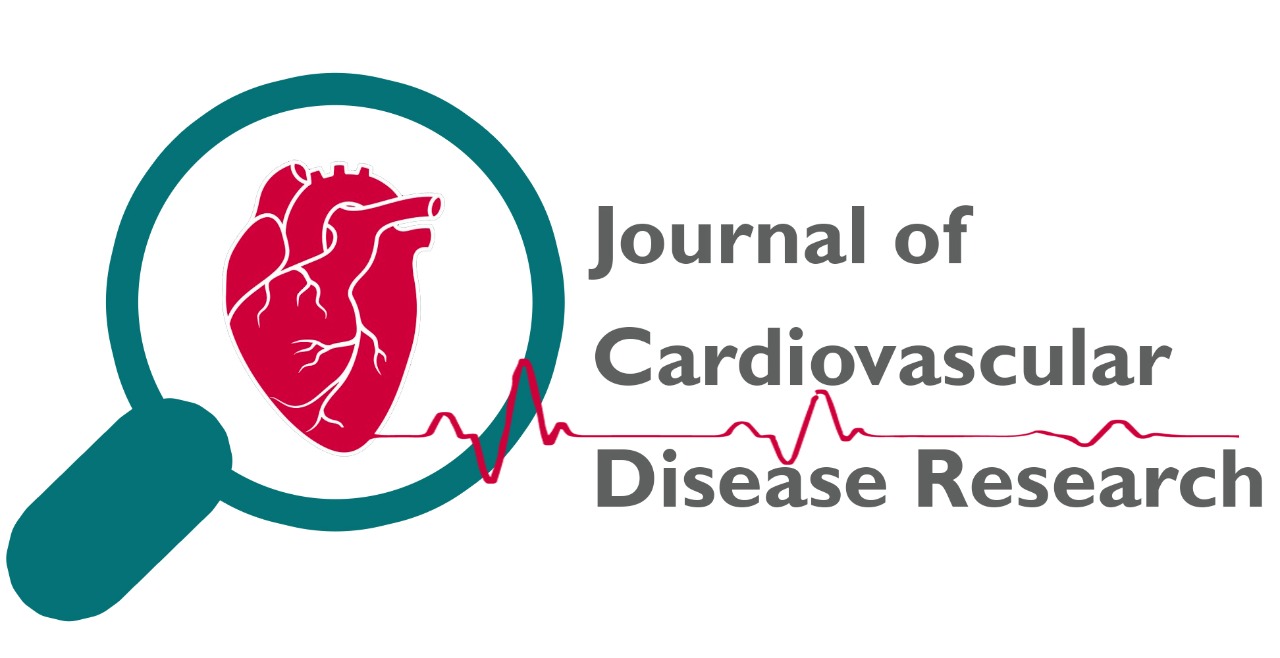
A CROSS-SECTIONAL STUDY OF POSTCOVID COMPLICATIONS IN A TERTIARY CARE HOSPITAL
Dr. R. Vikram Vardhan, Dr. P. Sathish Sreenivas, Dr. A. Suryakanth , Dr. P. Kusuma Latha, Dr. B.Navya
JCDR. 2023: 985-994
Abstract
To assess various complications noted in patients recovered from Covid. • To evaluate response to the management. • To note the morbidity and mortality of post-Covid complications. Methodology: The study was conducted in Government General Hospital, Kakinada among the post covid patients who attended General Medicine OPD. A total of 100 patients were included in the study. Results: In our present study, 28% of the study subjects belong to the 21-30 years age group followed by 25% in 41-50 years, 24% in 51-60 years, 18% in 31-40 years and 5% in > 61 years age group. The mean Age Is 46.25 Years with SD ± 14.8 Years. Youngest was 24 years old and the oldest was 73 years. 59% were males and 41% were females. Male to female ratio was 1.4:1. 85% had only one covid attack while 15% had more than one episode of nasopharyngeal confirmation of Covid. 37% were having mild symptoms, 41% had moderate symptoms, and 22% had severe covid symptoms. severe covid symptoms.39% had comorbidities and 61% were normal. Out of 39% cases, 28% of patients had a history of Diabetes, 23% had hypertension, 6% each had Hypothyroidism and COPD/Asthma, 2% each had Hyperthyroidism, coronary artery disease, chronic kidney disease and 1% each had Chronic liver disease, Pulmonary tuberculosis and HIV. 98% of patients got Doxycycline/Ivermectin as treatment, 60% of patients got steroids as a treatment, 33% of patients received remdesivir, 10% of patients received LMWH and 4% of patients got Steroid as pulse therapy. 53% of patients received supplementary oxygen therapy and 47% didn't receive it. Out of 53 patients who received oxygen therapy, 37.7% were received through a face mask, 28.3% through nasal cannula, 22.6% through HFNC/NIV and 6% through NRM (Non-rebreathing mask). 65% of patients were having post covid complications/symptoms even after 4 weeks of acute covid attack i.e., Ongoing Symptomatic Covid. This will last for 4 weeks to 12 weeks. In 35% these symptoms were persisted even after 12 weeks this was called Post covid syndrome. 55% of patients complained of fatigue which more than the usual occurrence, 20% complained of fatigue even to do their routine work and 25% were doesn't complained of any form of fatigability. Overall, 75% had any form of fatigability while 25% didn't. 35% complained of dyspnea, 18% were with cough, 5% were with shortness of breath, 4% developed oxygen dependency and 10% failed to do 6-minute walk test. Out of 100 patients, 57% presented to the hospital with Pulmonary symptoms. Cardiovascular symptoms were, 4% complained of chest pain, 5% were having orthopnoea/PND, 3% were having palpitations and 1 patient had lower limb swelling. Endocrine symptoms include, 2 cases were newly diagnosed with type 2 Diabetes, 3 patients had very less serum vitamin D, and 1 patient developed Diabetic keto acidosis due to uncontrolled blood glucose levels. Psychiatry problems include, 60% have complained of disturbed sleep, 6% were worries a lot and 6% have complained of headaches, 2% were with excess consumption of alcohol and 1 patient complaining of hearing abnormal voices. According to Post covid functional assessment scale, 44% had grade 2 symptoms, 26% had grade 1 symptoms, 19% had grade 3 symptoms, 9% had grade 0 symptoms and 2% have grade 4 symptoms. Conclusion: There was no death recorded due to post covid complications in our study. Out of 100 post covid, complicated patients' treatment was given to patients symptomatically. 73% responded positively to treatment and improvement in symptoms and improved quality of life was observed. Whereas 27% not improved their symptoms. Fortunately, no death was observed in the cases
Description
Volume & Issue
Volume 14 Issue 8
Keywords
|
This is an open access journal which means that all content is freely available without charge to the user or his/her institution. Users are allowed to read, download, copy, distribute, print, search, or link to the full texts of the articles in this journal without asking prior permission from the publisher or the author. This is in accordance with the Budapest Open Access Initiative (BOAI) definition of open access.
The articles in Journal of Cardiovascular Disease Research are open access articles licensed under the terms of the Creative Commons Attribution Non-Commercial License (http://creativecommons.org/licenses/by-nc-sa/3.0/) which permits unrestricted, non-commercial use, distribution and reproduction in any medium, provided the work is properly cited. |
|
|
|
|
|
Copyright � 2022 Journal of Cardiovascular Disease Research All Rights Reserved. Subject to change without notice from or liability to Journal of Cardiovascular Disease Research.
For best results, please use Internet Explorer or Google Chrome POLICIES & JOURNAL LINKS
Author Login
Reviewer Login About Publisher Advertising Policy Author's Rights and Obligations Conflict of Interest Policy Copyright Information Digital Archiving & Preservation Policies Editorial Policies Peer Review Policy Editorial & Peer Review Process License Information Plagiarism Policy Privacy Policy Protection of Research Participants (Statement On Human And Animal Rights) Publication Ethics and Publication Malpractice Statement Corrections, Retractions & Expressions of Concern Self-Archiving Policies Statement of Informed Consent Terms of Use |
Contact InformationJournal of cardiovascular Disease Research,
|




